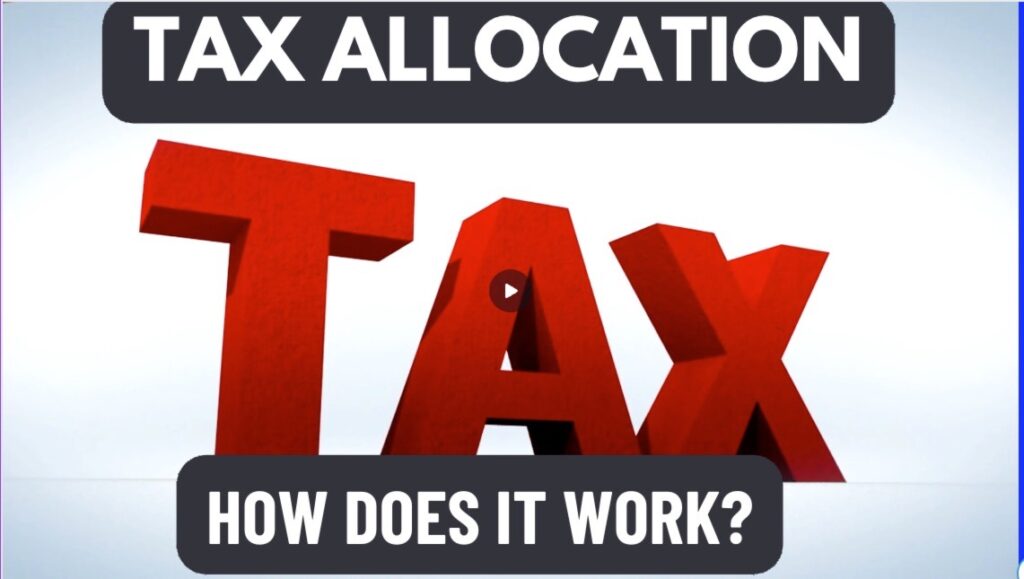Tax Advantaged Investing Review
Tax Advantaged Investing is a fundamental strategy for optimizing your financial plan and maximizing retirement savings.
Understanding the various types of accounts, their benefits, and the rules governing them can significantly impact your investment growth and tax liabilities.
In this review, we will highlight the following topics:
-
401K Plan Tax Deferred
- IRA Tax Deferred
-
Roth IRA Tax Free
-
Tax Penalties
-
Rules, Boundaries, and Limitations
-
Tax Allocation Strategies
Tax Advantaged Investing Subtopics
Withdrawal Rules Distribution Requirements Penalty Exceptions Tax Advantages Overview Investment Growth Comparison Tax Deductible Accounts Asset Allocation Strategy
Tax Advantaged Investing
-
401K Plan Tax Deferred
-
Contribution Limits
-
Employer Contributions
-
Tax Benefits
-
Growth Potential
-
Withdrawal Guidelines
-
-
Roth IRA Tax Free
-
Eligibility Requirements
-
Contribution Limits
-
Tax Advantages
-
Withdrawal Rules
-
Penalty Exceptions
-
-
Tax Penalties
-
Early Withdrawal Penalties
-
Exceptions to Penalties
-
Minimum Distribution Requirements
-
Tax Implications
-
Planning to Avoid Penalties
-
-
Plan Eligibility
-
Income Limits for Contributions
-
Age Requirements
-
Employment Status
-
Spousal Contributions
-
Special Cases
-
-
Tax Allocation Strategies
-
Asset Location
-
Tax-Efficient Investments
-
Rebalancing Techniques
-
Withdrawal Strategies
-
Tax Loss Harvesting
-
Tax Advantaged Investing
Tax Advantaged Investing is a fundamental strategy for optimizing your financial plan and maximizing retirement savings. Understanding the various types of accounts, their benefits, and the rules governing them can significantly impact your investment growth and tax liabilities.
401K Plan Tax Deferred
A 401(k) plan is an employer-sponsored retirement savings account that offers several advantages. In 2024, the contribution limit for 401(k) plans is $22,500, with an additional catch-up contribution of $7,500 for those aged 50 and over. Contributions are made with pre-tax dollars, reducing your taxable income in the year the contributions are made. The investments grow tax-deferred, meaning you won’t pay taxes on earnings until you withdraw the funds. Many employers match contributions up to a certain percentage, effectively giving you free money toward your retirement. Upon retirement, you can roll over your 401(k) into an IRA for more flexible withdrawal options.
Roth IRA Tax Free
The Roth IRA is a popular choice for many investors due to its tax-free growth and withdrawals. To be eligible, your modified adjusted gross income (MAGI) must fall within certain limits. For 2024, single filers with a MAGI up to $140,000 and married couples filing jointly with a MAGI up to $208,000 can contribute the maximum amount. Contributions are made with after-tax dollars, meaning they are not tax-deductible. The primary benefit is that qualified withdrawals in retirement are tax-free, provided the account has been open for at least five years and the account holder is over 59½. This makes the Roth IRA an excellent option for those anticipating higher tax rates in retirement.
Tax Penalties
Understanding tax penalties associated with early withdrawals and required minimum distributions (RMDs) is crucial to avoid unnecessary costs. Early withdrawals from traditional IRAs and 401(k) plans before age 59½ typically incur a 10% penalty, in addition to ordinary income tax. However, there are exceptions, such as using the funds for qualified education expenses or first-time home purchases. RMDs must begin at age 72, and failing to take the required amount can result in a substantial penalty of 50% of the shortfall. Proper planning and understanding of these rules can help minimize penalties.
Plan Eligibility
Eligibility for contributing to tax-advantaged accounts varies based on income, age, and employment status. Roth IRAs have income limits, while traditional IRAs and 401(k) plans do not, although contributions to traditional IRAs may not be deductible if you or your spouse are covered by a retirement plan at work and your income exceeds certain levels. Spousal IRAs allow non-working spouses to contribute based on the working spouse’s income, providing additional opportunities for retirement savings. Understanding these eligibility criteria ensures that you can take full advantage of available tax benefits.
Tax Allocation Strategies
Effective tax allocation strategies can significantly enhance your investment returns by minimizing tax liabilities. Asset location involves placing investments in accounts that provide the most favorable tax treatment. Tax-efficient investments, such as index funds and ETFs, can reduce taxable distributions. Rebalancing your portfolio in a tax-efficient manner can also minimize capital gains taxes. Strategic withdrawal planning can help manage taxable income in retirement. Tax loss harvesting, which involves selling investments at a loss to offset gains, can further reduce tax liabilities. Implementing these strategies requires careful planning but can yield substantial long-term benefits.
By strategically utilizing tax-advantaged accounts and employing effective tax allocation strategies, you can maximize your retirement savings, reduce tax liabilities, and ensure a more secure financial future. Understanding the rules and benefits of each type of account is essential for effective retirement planning.











